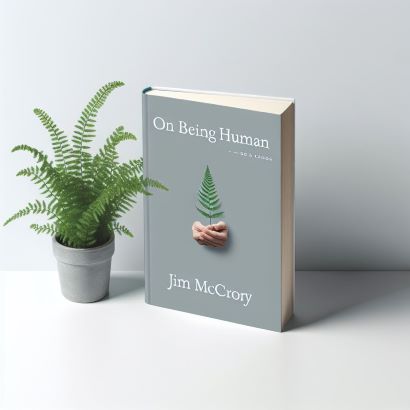
The Mystery of Music
Sometimes the most uneventful day can leave us with pleasent memories. Yesterday, I found myself in the Combined Assessment Unit of my local hospital receiving treatment for an ongoing illness. Before the doctor released me, I observed what the power of music can do. As a woman rushed out of the hospital, she suddenly stopped, turned back, and entered the waiting room where we were all gathered. Kiri Te Kanawa was singing O mio babbino caro by Puccini. For a moment, everything froze. The patients, the staff, the sterile walls of the hospital—all paused as her voice filled the space. Yes, it was music to stop you in your tracks.
Today, on my morning walk, I listened to Gustavo Dudamel on the BBC’s Desert Island Discs. I was moved by his enthusiasm as he spoke of the mystery of music, how it moves us in ways we cannot fully explain. Personally, I see no mystery in its essence: it is a gift from the Creator. The mystery, for me, lies elsewhere—in how composers across any genre manage to produce works that endure, that live on far beyond them, carrying an emotional shelf life of centuries.
Dudamel also spoke about his home in Venezuela, where serenade performers still go from house to house, singing beneath windows. It carried me back to a childhood memory of music that was less polished, yet no less unforgettable.
1963: The Incongruity of Self-Awareness
I was seven years old. Every Sunday at 11 a.m., a man would appear round the back of our tenement building. He carried his own stage in the form of a soapbox, wore a bowtie with a donkey jacket, and looked like a music hall artist fallen on hard times. He would swig from a bottle of wine, then launch into Mario Lanza’s Be My Love. The sound rose through the grey closes, spilling into kitchens and living rooms. My mother would listen just long enough before opening her purse, tossing some coins out the window, and muttering, “Why doesn’t that b…. man sing something new?” as she wiped the tears from her eyes.
And yet, even now, I realise he too was part of the mystery. Whether sung in opera houses, broadcast on the radio, or crooned on a street corner by a man with a bottle and a soapbox, music finds a way to reach us, to demand our attention, to remind us we are human.
"You open Your hand
and satisfy the desire of every living thing."
Psalm 145:16 (BSB).

